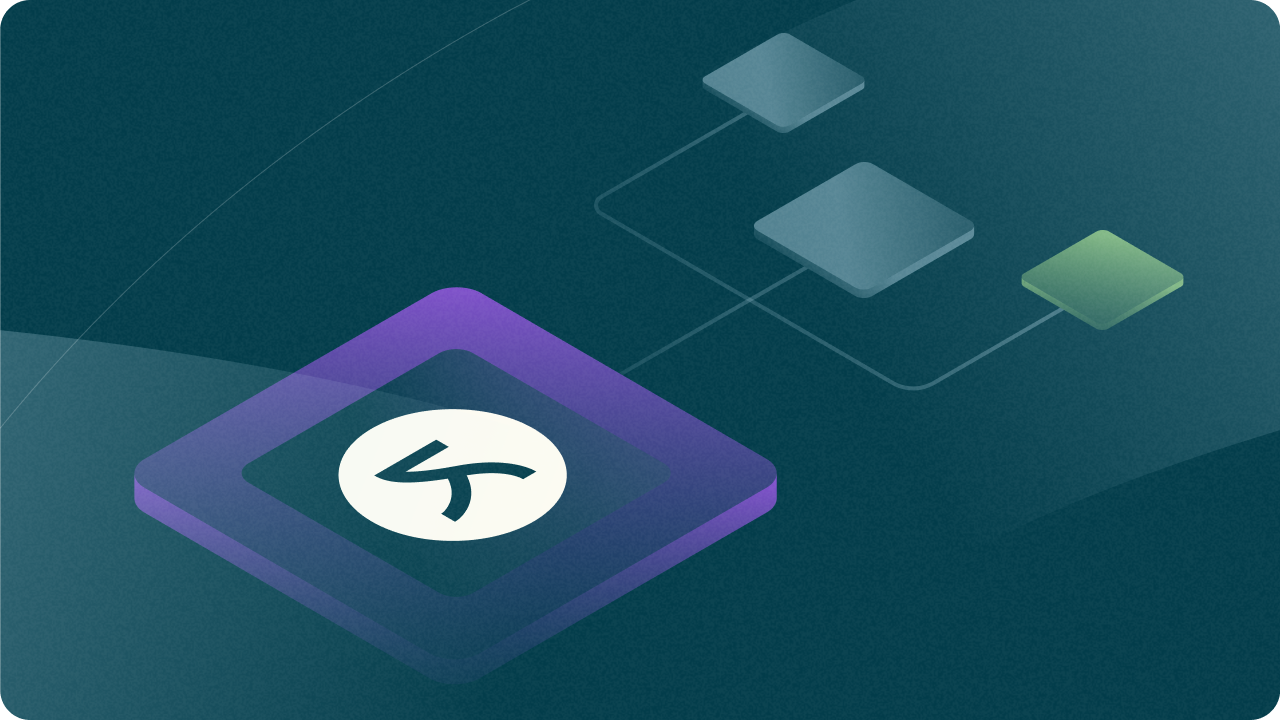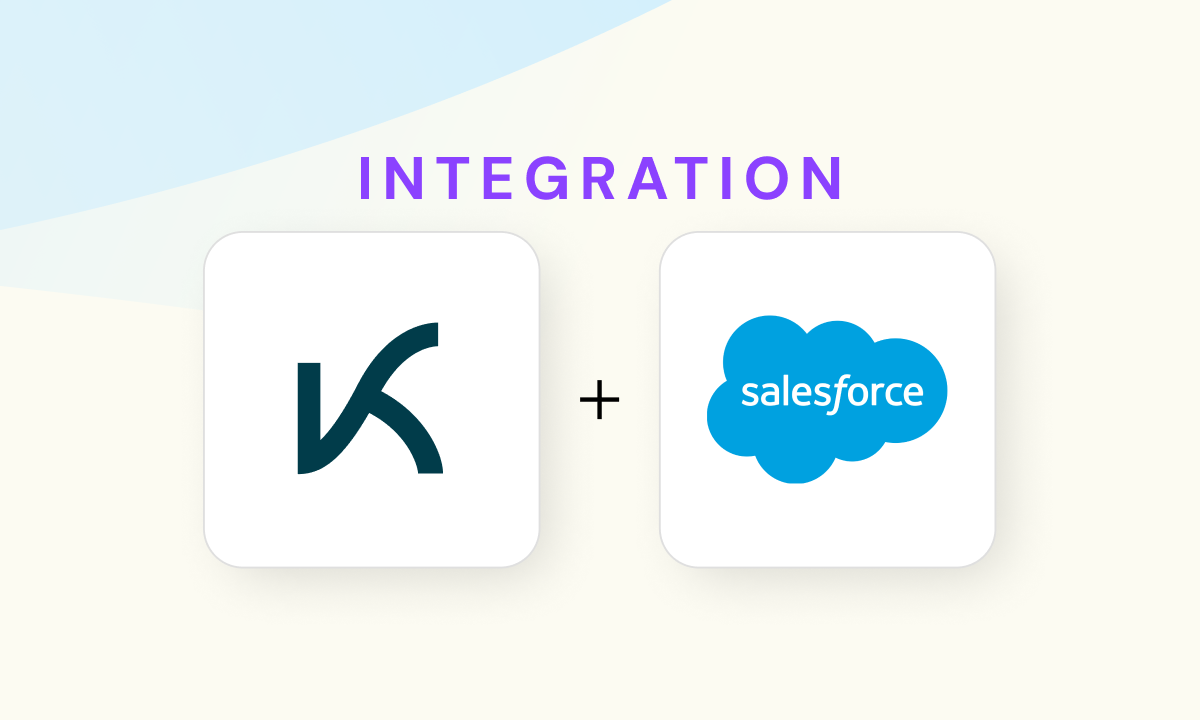
2024 saw an explosion of generative AI, igniting conversations in virtually every industry about how the technology could improve efficiency in the workforce. While some of the hype around generative AI has since died down—Gartner predicts that more than 30% of GenAI projects will be abandoned by the end of 2025—incorporating AI is still a top priority for CIOs.
Organizations have already started consolidating their tech debt as they look to prove the value of AI initiatives, which we predict will ultimately result in the fall of incumbent technology solutions that solve for a single problem. With this market landscape in mind, here are our top predictions for enterprise AI in 2025:
1. Thinking AI? Think Agentic
AI agents will change the landscape by augmenting human work. Agents are capable of autonomous work and decision-making, covering everything from managing customer inquiries to developing software. Companies will be able to optimize resource allocation, increase agility, and drive efficiency across various departments.
But, buyer beware, agentic AI can suffer from a lack of process, oversight, and reliability without a proper plan in place. When done properly, we anticipate that integrating agentic AI solutions will allow businesses to scale AI efforts and quickly adapt to shifting market demands.
2. AI Will Be a Game-Changer for Product Development Lifecycle
According to a survey done by McKinsey, AI can improve software project manager productivity by roughly 40%. As additional job roles adopt AI in their everyday workflows, we expect to see product development times dramatically decrease, as technology integrates design, prototyping, and testing into a seamless process. AI systems are increasingly capable of simulating diverse conditions and suggesting enhancements that may be overlooked by human engineers.
Process automation will serve as a critical conduit as AI becomes integral to the broader development lifecycle. These platforms will encapsulate the entirety of the automation journey—from ideation to market launch. Predictive analytics will be seamlessly embedded so teams can make informed decisions swiftly and confidently.
3. 2025 Will Start the New Era of AI Governance
There has been little meaningful progress in AI governance despite the exponential increase of AI adoption. But, we predict that the status quo will shift dramatically in 2025. CIOs will have to abandon inconsistent AI oversight, and instead develop systematic and transparent strategies to ensure AI investments deliver sustained value while mitigating risk.
Organizations must rigorously assess and validate AI risk management practices to safeguard against potential missteps and ethical concerns. A recent survey indicates that just 45% of respondents who actively use AI have received training on safe AI use, raising the alarm on the concept of “shadow AI,” or the use of unapproved AI tools outside of an organization’s security framework. Furthermore, 38% of employees have shared sensitive information with an AI tool. This number increases to 46% and 43% for Gen Z and millennials. IT leaders must advocate for comprehensive oversight rather than waiting for global regulatory guidelines when the risk is this great.
As broad regulatory frameworks are introduced, companies must also remain aware of state-specific regulations which may be more stringent or even conflicting. Companies must stay nimble to balance innovation with compliance. In 2025, the ability to successfully integrate AI governance will differentiate proactive leaders from those who simply react to market pressure.
4. AI will Disrupt Different Industries in Unique Ways
Each industry is uniquely impacted by AI and adopts at different rates. To stay competitive, businesses must quickly react to AI adoption. To better understand, let’s explore the technology industry and software development lifecycle (SDLC).
We expect that AI tools will revolutionize the SDLC from planning to deployment by reducing development time and minimizing human error at each step of the process, from automating code generation to testing and debugging. Tools like cursor.sh are already being widely adopted to create code, but the second—and arguably more important—half of the lifecycle will be addressed in 2025 to avoid a large-scale software maintenance nightmare.
AI tools can tailor development environments to industry-specific needs, such as cybersecurity in finance or compliance in healthcare, ensuring that applications meet regulatory standards while accelerating time-to-market.
5. AI-Driven Competitive Advantages
Strategic AI initiatives will give organizations a competitive advantage in 2025. Let’s take a few industries as examples. Predictive AI models can simplify logistics operations by optimizing routing, managing inventory, anticipating demand fluctuations, and optimizing supply chain efficiency. Risk management and financial services organizations can use advanced AI analytics to detect potential fraud in real-time, safeguarding assets and building customer confidence. Lastly, AI healthcare applications can improve patient diagnoses, improve administrative processes, analyze images more quickly and accurately—PwC estimates that review and translation of some images can be up to 30 times faster with 99% accuracy using AI—and identify potential issues sooner for better outcomes.
The Future of AI is Now: Beyond 2025
AI investments are projected to surge to $200 billion by 2025, and the stage is set for unparalleled economic impact. Organizations that act swiftly and strategically—establishing data-driven cultures and adopting responsible AI practices—will harness AI not just for efficiency, but for meaningful innovation and sustained competitive advantage.
We stand at a pivotal moment where AI is no longer just a futuristic concept, but an integral, transformative enterprise strategy that drives innovation, efficiency, and competition. Organizations that wholeheartedly embrace this AI journey stand to redefine their benchmarks for success. Embracing AI is not just about improving current operations; it’s about positioning for future growth and resilience.
Kognitos helps organizations achieve rapid ROI on automation initiatives by transforming simple instructions into powerful AI agents capable of automating use cases across the enterprise. If AI investments are a priority in 2025, let’s talk.

Discover the Power of Kognitos
Our clients achieved:
- 75%manual data entry eliminated
- 30 hourssaved on invoicing per week
- 2 millionreceipts analyzed per year



